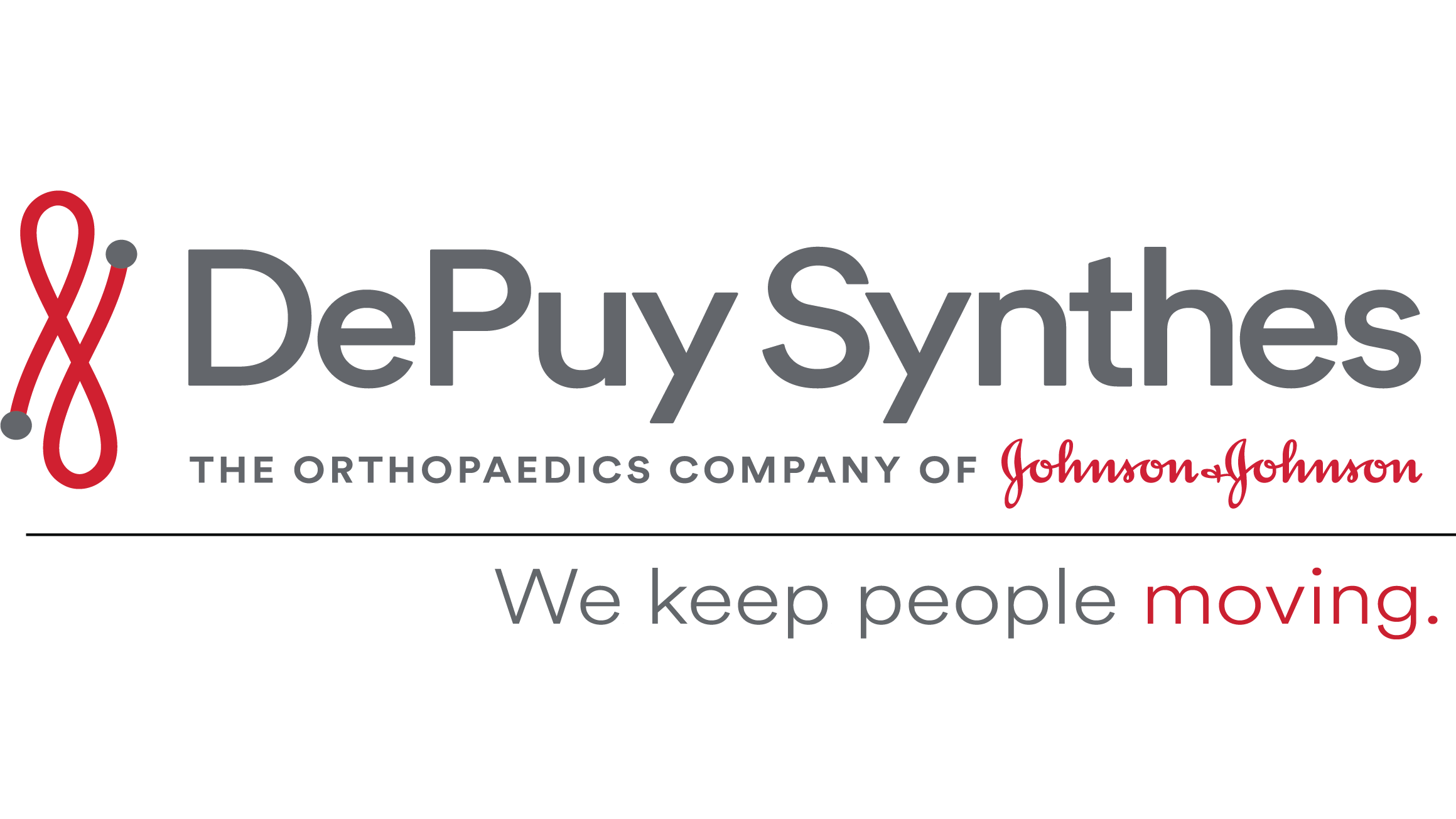Clinical Trials & Research Opportunities
Active Clinical Trials for Scoliosis and Spine-Related Conditions
University of Pittsburgh Medical Center (UPMC) is actively participating in cutting-edge clinical research to advance treatment options for scoliosis and spine-related conditions. Our trials focus on innovative surgical techniques, bone health optimization, and improved patient outcomes. Below you'll find information about currently recruiting clinical trials led by Dr. Nitin Agarwal and our research team.
⚠ Important Notice
This information is provided for educational purposes only. Participation in clinical trials involves potential risks and benefits that should be thoroughly discussed with qualified healthcare professionals. Always consult with your doctor before considering enrollment in any clinical study. Information presented here is based on publicly available data and may not reflect the most current trial status. Please contact the study teams directly for the most up-to-date information.
Currently Recruiting Trials
Adult Patient Outcomes After Spine Surgery with Fibergraft BG Putty/Viper Prime

ClinicalTrials.gov Identifier:
NCT06704906
Principal Investigator:
Dr. Nitin Agarwal, MD
Institution:
University of Pittsburgh Medical Center, Pittsburgh, Pennsylvania
Study Status:
Recruiting
Study Type:
Observational Study
Enrollment Target:
100 participants
Study Duration:
2 years follow-up per participant
Age Requirements:
Adult and Older Adult
Start Date:
December 20, 2024
Estimated Completion:
December 31, 2028
Study Purpose:
This study evaluates the clinical and radiographic outcomes of patients who undergo spine surgery using the Viper Prime/Expedium spine systems along with Fibergraft Bioactive Glass (BG) Putty. The Fibergraft BG is engineered to mimic the body's natural bone healing process. Patients will be followed for two years to assess fusion rates, complication rates, and any revision surgeries.
Conditions Being Studied:
- Spondylolisthesis (lumbar region)
- Spinal trauma with neurological deficit
- Degeneration of lumbar intervertebral disc
- Pseudarthrosis
Primary Outcome Measures:
Fusion assessment using regular X-rays and CT scans at 1 and 2 years postoperatively
Secondary Outcome Measures:
- Visual Analog Scale (VAS) for pain assessment
- Oswestry Disability Index (ODI) for functional outcomes
- Short Form Survey-12 (SF-12) for quality of life
Contact Information
For more information about this study, please contact the research team at the University of Pittsburgh Medical Center. This study is sponsored by Dr. Nitin Agarwal in collaboration with DePuy Synthes.
Conduit Cages and Fibergraft BG Putty
ClinicalTrials.gov Identifier:
NCT06704919
Principal Investigator:
Dr. Nitin Agarwal, MD
Institution:
University of Pittsburgh Medical Center, Pittsburgh, Pennsylvania
Study Status:
Recruiting
Study Type:
Observational Study
Enrollment Target:
100 participants
Study Duration:
2 years follow-up per participant
Age Requirements:
Adult and Older Adult
Start Date:
November 4, 2024
Estimated Completion:
December 31, 2028
Study Purpose:
This study evaluates the clinical and radiographic outcomes of patients who undergo interbody fusion procedures using Conduit cages combined with Fibergraft Bioactive Glass (BG) Putty. The Conduit cages are designed to restore intervertebral height and facilitate fusion in the cervical and lumbar spine. Patients will be followed for two years to assess fusion rates, complication rates, and any revision surgeries.
Conditions Being Studied:
- Degenerative disc disease
- Herniated disc
- Spinal instabilities (1-2 contiguous levels between C2-T1 or L2-S1)
- Radicular symptoms
- Ruptured discs
- Pseudarthrosis and spondylodesis
Treatment Areas:
- Cervical spine: 1 to multilevel contiguous levels between C2-T1
- Lumbar spine: 1-2 contiguous levels between L2-S1
Primary Outcome Measures:
Fusion assessment using regular X-rays and CT scans at 1 and 2 years postoperatively
Secondary Outcome Measures:
- Visual Analog Scale (VAS) for pain assessment
- Oswestry Disability Index (ODI) for functional outcomes
- Short Form Survey-12 (SF-12) for quality of life
- Neck Disability Index (NDI) for cervical spine patients
Contact Information
For more information about this study, please contact the research team at the University of Pittsburgh Medical Center. This study is sponsored by Dr. Nitin Agarwal in collaboration with DePuy Synthes.
Upcoming Trials
Romosozumab Effects on Bone Density, Muscle Mass, and Spine Surgery Outcomes
ClinicalTrials.gov Identifier:
NCT06973109
Principal Investigator:
Dr. Nitin Agarwal, MD
Institution:
University of Pittsburgh Medical Center (UPMC) – Presbyterian Hospital, Pittsburgh, Pennsylvania
Study Status:
Not Yet Recruiting
Study Type:
Interventional Study (Phase 2)
Study Design:
Randomized, Double-Blind, Parallel Group
Enrollment Target:
36 participants
Participants:
Postmenopausal women (older adults)
Start Date:
June 2025
Estimated Completion:
November 2026
Collaborators:
Amgen, Beckwith Foundation
Study Purpose:
This clinical trial investigates whether romosozumab (Evenity) can improve bone and muscle health in postmenopausal women with osteoporosis who are undergoing lumbar spine surgery. The study compares romosozumab (a monthly injection) to alendronate (a weekly pill), both approved treatments for osteoporosis, to determine which is more effective in improving surgical outcomes and recovery.
Study Population:
- Postmenopausal women with osteoporosis
- Patients scheduled for lumbar spine surgery
- Older adults
Study Interventions:
- Romosozumab (monthly injection)
- Alendronate (Fosamax, weekly pill)
- Standard vitamin supplements
- One-time dose of zoledronic acid near study end
Primary Outcome Measures:
- Change in Hounsfield Units (HU) at L1 vertebra via CT scans to assess bone quality
- Change in vertebral bone mineral density (BMD) at L1 using DXA scans
Secondary Outcome Measures:
- Change in L3 skeletal muscle index (L3 SMI) to assess muscle mass
- Oswestry Disability Index (ODI) for functional outcomes
- Visual Analog Scale (VAS) for pain assessment
Study Timeline:
- Five study visits over approximately 12 months
- Assessments at baseline, 3 months post-op, and 9 months post-op
- Bone scans, muscle imaging, and health questionnaires
Contact Information
For more information about this study, please contact the research team at UPMC Presbyterian Hospital. This study is sponsored by Dr. Nitin Agarwal in collaboration with Amgen and the Beckwith Foundation. Note: This study is not yet recruiting participants but is expected to begin enrollment in June 2025.
Additional Research Opportunities
The Ailliance Post-Market Clinical Study

Sponsor:
Medtronic Spinal and Biologics
Study Status:
Recruiting
Study Type:
Interventional Post-Market Study
Study Design:
Single Group, Unmasked
Enrollment Target:
1,000 participants
Follow-up Duration:
24 months postoperatively
Age Requirements:
Adult and Older Adult
Start Date:
May 1, 2023
Estimated Completion:
May 2031
Study Locations:
22 centers across United States, France, and Spain
Study Purpose:
This comprehensive post-market clinical study collects performance and safety data for market-released Medtronic devices indicated for cranial and/or spinal conditions. The study is designed to gather real-world evidence consistent with routine clinical care practices across multiple device categories including spinal hardware, robotics, navigation systems, imaging equipment, and biologics.
Conditions Being Studied:
- Spinal deformity
- Spinal degenerative disorders
- Spinal fusion failure
- Spinal trauma
- Spinal tumor cases
Device Categories Evaluated:
- Advanced Energy Devices: Assessment of surgical efficiency and blood loss
- Interbodies and Biologics: Fusion success evaluation
- Spinal Hardware (Rods and Screws): Stabilization and deformity correction
- Powered Systems and Instruments: Surgical performance assessment
- Robotics and Navigation: Device-assisted placement accuracy
- Imaging Systems (O-Arm): Validation of implant placement
- Spinal Tethers: Deformity correction measurement
Primary Outcome Measures (Device-Specific):
- Surgical Success: Blood loss, operation time, hospital stay, device assistance
- Fusion Success: Radiographic evidence of bone bridging at 12 months
- Surgical Performance: Rate of device-assisted surgical completion
- Device Performance: Screw placement accuracy (robotics/navigation)
- Pain Resolution: Neck Disability Index (NDI) improvement at 12 months
- Stabilization: Hardware position and spinal alignment maintenance
- Deformity Correction: Cobb angle changes at 12 months
Secondary Outcome Measures:
- Rate of device-related adverse events
- Additional stabilization assessments for interbodies and biologics
- Deformity correction for rods and screws systems
Assessment Timeline:
- Pre-operative baseline assessment
- Index surgery evaluation
- Discharge (up to 14 days post-op)
- 12-month follow-up
- 24-month final assessment
Contact Information
This large-scale, international study is conducted at 22 centers including the University of Pittsburgh Medical Center (UPMC Presbyterian). For more information about participation at UPMC, contact the spine surgery team. The study includes centers across the United States, as well as locations in France and Spain.
Interested in Clinical Trial Participation?
Clinical trials offer access to investigational treatments and contribute to advancing scoliosis and spine care. Discuss these opportunities with your healthcare provider to determine if participation might be appropriate for your situation.
Contact Our Research Team
For more information about clinical trials or research opportunities at UPMC, please contact our research team.
University of Pittsburgh Medical Center
Department of Neurological Surgery
Suite C-500
200 Lothrop St., Pittsburgh, PA 15213
